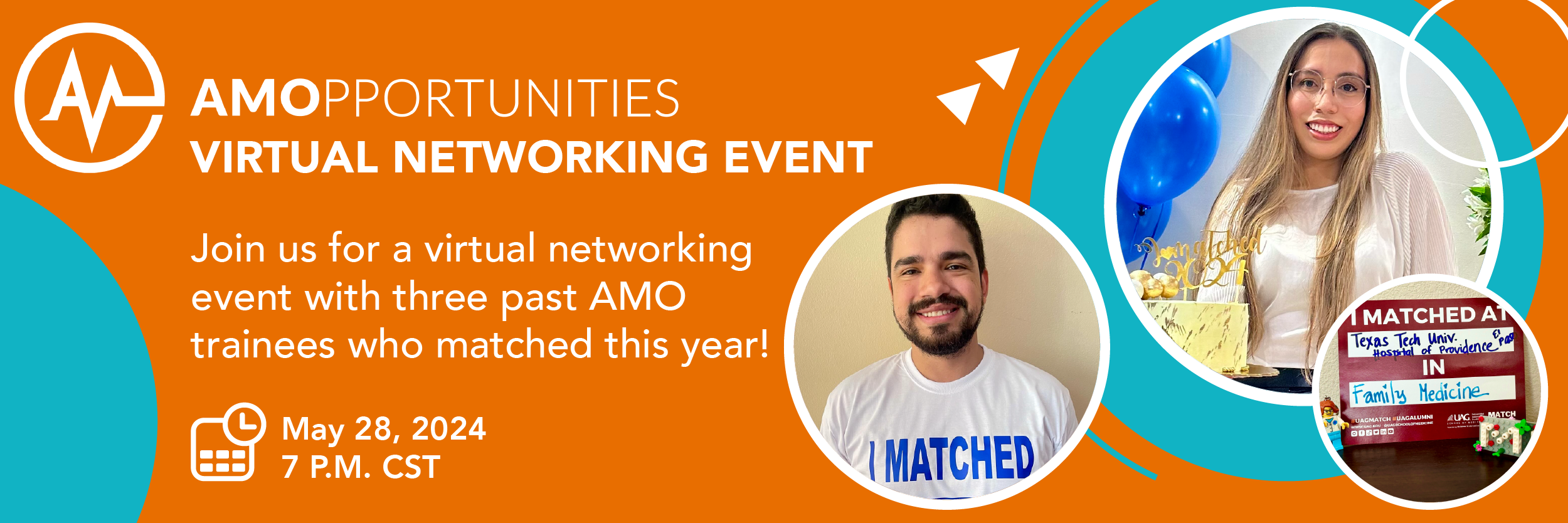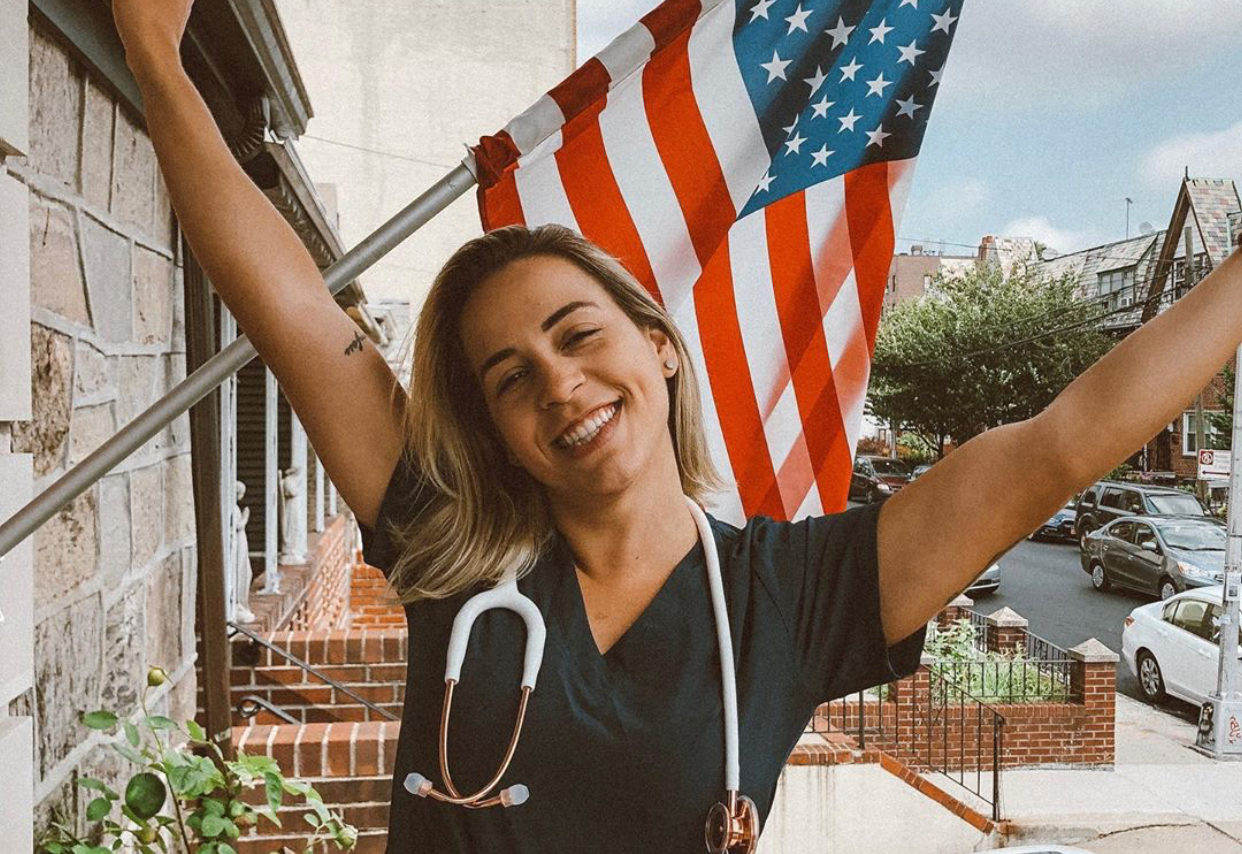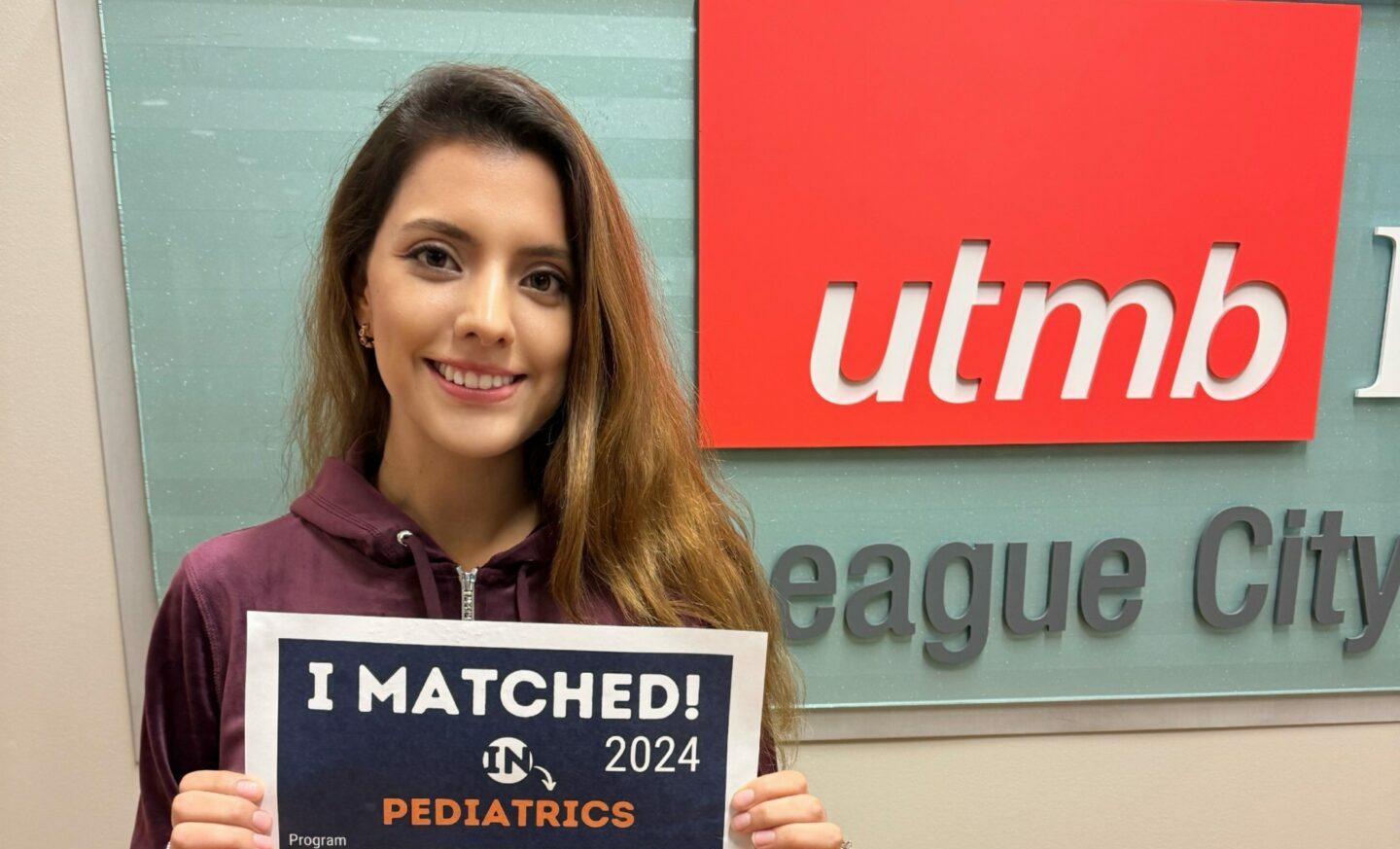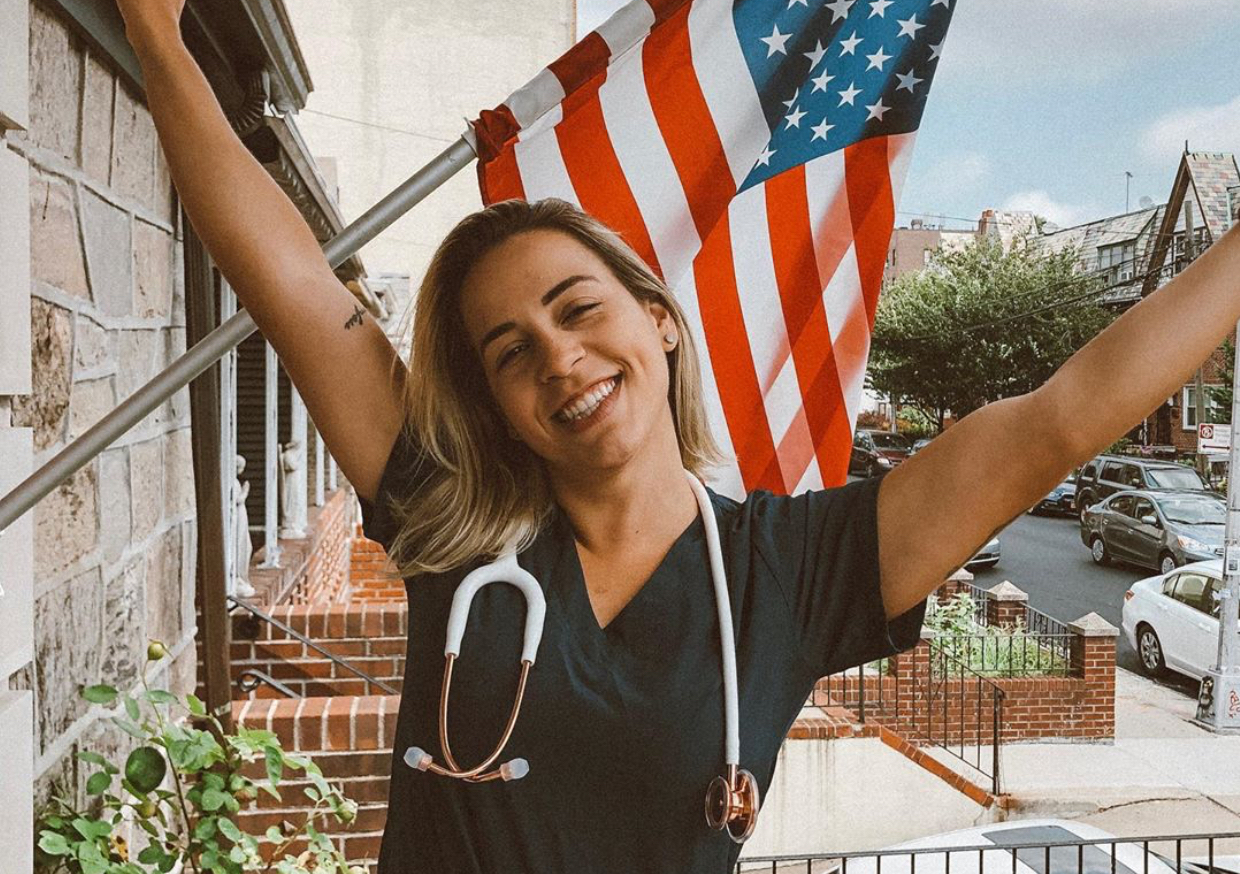You’ve graduated from medical school. You’ve completed rotations, received letters of recommendation (LORs), passed the USMLE, and sent in your applications to the National Residency Match Program (NRMP). Now what?
Most likely, interviews. In order to have the best chance at securing a rotation, you will need to work for it. This means showing interest by putting your best self on display during residency interviews.
Be Prepared
Residency interviews are held from October to January. Some are invite-only whereas others allow applicants to request meetings. It is important that you research how interviews are scheduled for the programs you are most interested in. This will ensure you do not miss an opportunity to really sell yourself. When you are invited for an interview it important that you respond promptly. This lets the institution know you are serious about them. It also gives you an opportunity to plan as you might have to secure travel and accommodations well ahead of time.
Responding promptly to interview invites will also give you enough time to plan your clothing and practice good manners. Be sure to pack appropriate interview attire that is business professional. Practice interviewing and ensure that you are able to make eye contact, have good posture, and limit the mistakes and pauses in your speech. Practice will be essential to these things.
Some interviews will have optional dinners and other opportunities to socialize with current residents. Some might invite you to attend rounds with residents. Although you might be exhausted, take advantage of these opportunities. They will allow you to network and see what the program is like firsthand.
Common Ground
Although you might have multiple interviews, the questions you are asking during each will be similar. This can make crafting quality answers managable. Most institutions want hard-working residents who are excited about the field of medicine and genuinely care for a patient’s well-being. They want skilled graduates who are well-rounded in all aspects of their life. Questions posed during the interview will attempt to determine who you are as a person, student, and possibly a physician.
Your resume or CV will also be a large point of discussion. Make sure you can provide detailed information or proof about anything you have included in this document.
Question it
One important thing to remember is that you are interviewing for the residency position as much as the program is interviewing you. Residencies can last between three and seven years. This is a long time so, you should select a program you are excited to be a part of, specifically one that checks all the boxes, or at least a majority of them. It is a good idea to research the institution or program ahead of time so you know what information is readily available and what you will have to find out first-hand.
To determine if a program is right for you, it is important that you ask as many questions as you answer! Before your interview determine what aspects of a program are most important to you based on your lifestyle and other factors. For example, if you have a family it might be important that the residency provides you with at least one day off during the weekend. Have a list of questions that can help you determine if the program is a good fit and make sure you get your answers before leaving. Knowing details of a program will make it easier to rank them in the future.
The Aftermath
Once your interview is over be sure to thank the institution for meeting with you. Once you are back home, be sure to send a hand-written thank-you note. This will help you stand out from applicants, make you more memorable, and show that you have a genuine interest in the institution.
Are you interested in pursuing a residency position in the U.S.? If you are an international medical graduate you will need a LoR from a U.S. practicing physician. A rotation with AMO can provide you the opportunity to gain this important document. Begin your journey by signing up for an account with AMO today!
Check out the following posts for more information on the importance of clinical rotations!







i am joing interested your company
Hi there!
That is great! Are you a current medical student or a graduate?
Best,
Stephanie